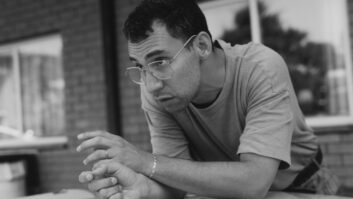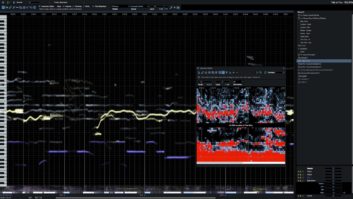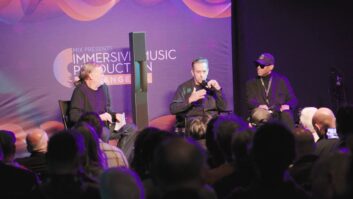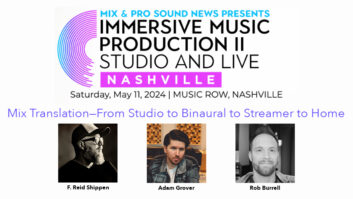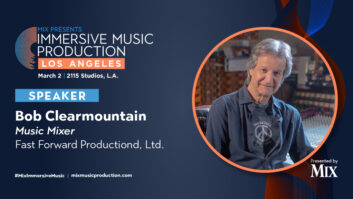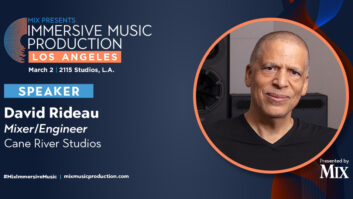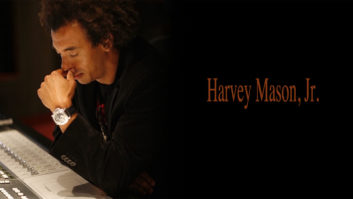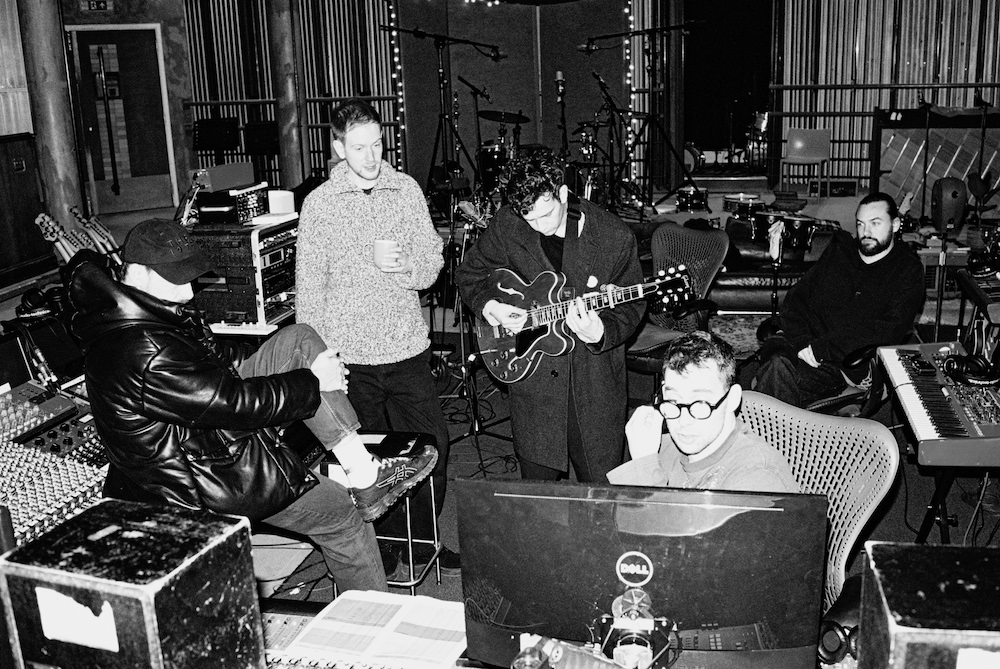
In the conclusion of our two-part interview with Jack Antonoff, the 2X Producer of the Year Grammy-winner discusses his relationship with technology, considers sonic spaces and shares what’s ahead for 2024. Don’t miss Part 1, exploring the honor of recording, the lure of playing live, the return of his band Bleachers and much more!
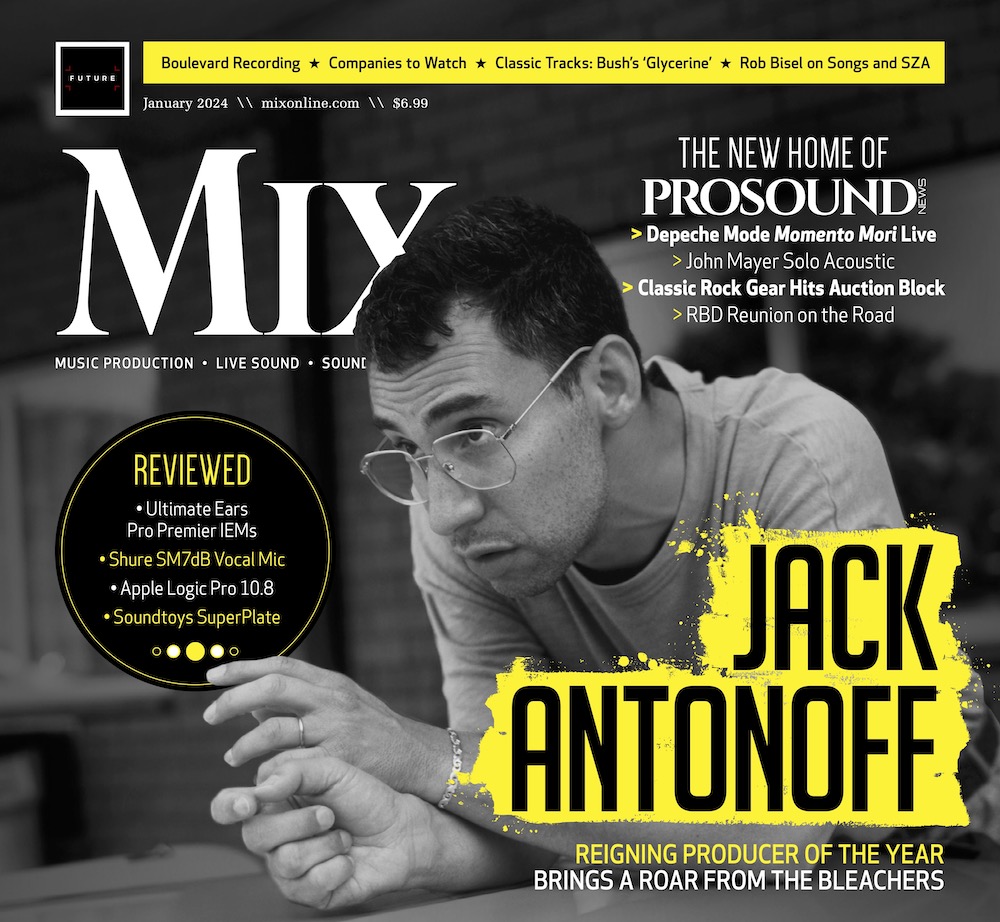
How’s your relationship with technology? Could you engineer if you wanted to?
I know enough about technology and what it can do, but I wouldn’t want to engineer myself. To me, an engineer is another artist in the room. Laura Zisk engineers me and most of my projects. I don’t want to hear what I want to hear. I want to hear Laura’s interpretation of it, because that’s when you start to find things that you wouldn’t normally find. You need other people to do the shocking stuff. I might say something like, “This should be sort of dirty and crushed, or this should be whatever,” but I don’t micromanage. I want to hear what her interpretation sounds like, and then I want to mess around.
There’s so much shit to play with, and I want to play around, and then I want to find that random fucking thing that becomes the bedrock of the song. Because the truth is, we get to a point in the recording where we can get a great drum sound, we can get a good bass sound, we can make this sound warm and great, we can do whatever we want—but what is that thing that’s going to tie it all together for Laura? That’s what I want. Also, in a quite literal way, she is genius at capturing those magic moments that we talked about earlier—at recognizing when that’s happening and capturing it in a way that makes us very happy.
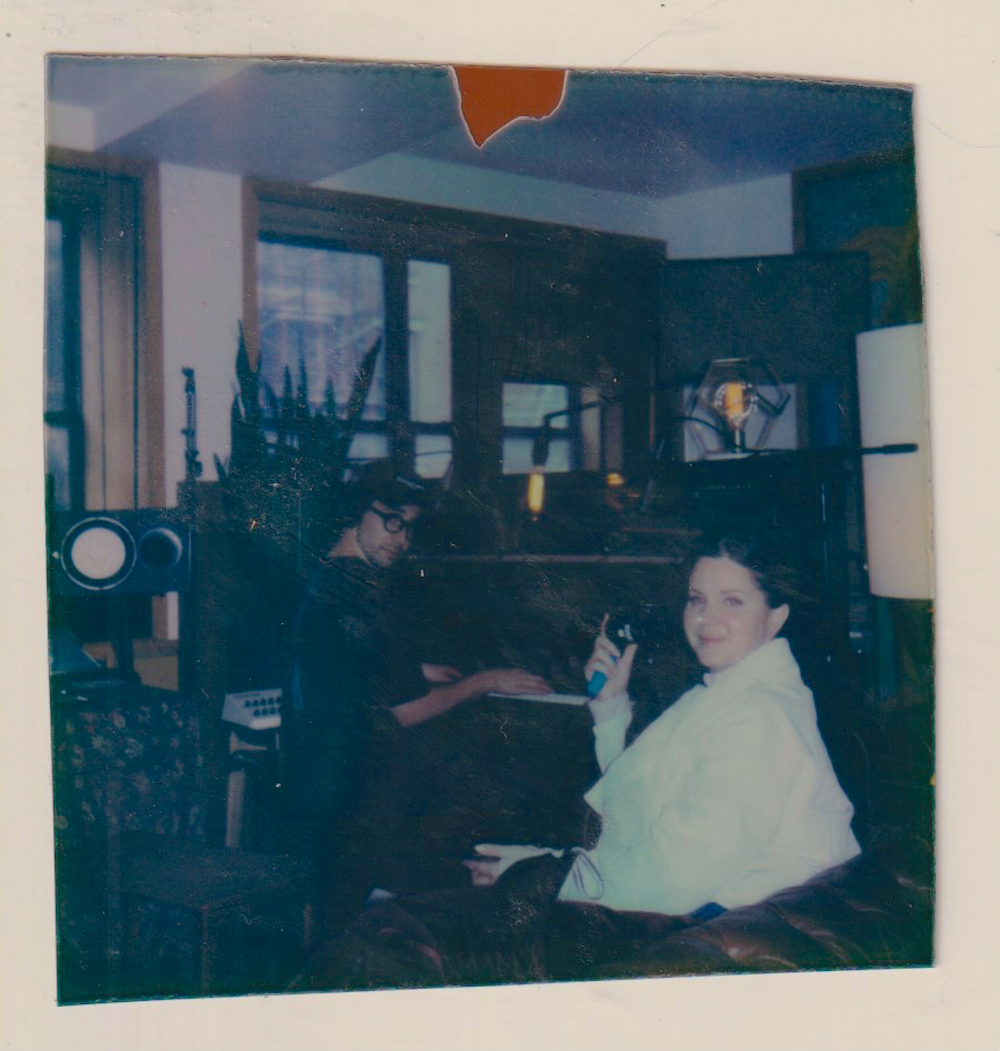
Do you start thinking about the sonic space when you sit down with Laura?
I think a lot about the space as being really delicate. What I love about the general sonic field, this circle of sound, is that no matter what the hell we do, our bodies have ears that have limitations. We human beings hear things a certain way, if we’re lucky, so I think about how to use that field in a way that’s most impactful for whatever I’m trying to get across. Sometimes I want something to sound so bare that you can make it feel so loud and it’ll be impactful because it’s just this one thing—the same way you might hear someone shouting at you from across the street, whereas when 20,000 people are singing along, you can’t make out an individual voice. But there’s something beautiful in that, too. I think a lot about the space in terms of the emotion behind whatever it is I’m trying to say. This dovetails into the use of reverb and echo and stacking, but it could be anything. Do I want someone to feel the guitar player, or do I want them to feel the idea of guitars? Do I want someone to hear the vocal like they’re being told a secret, or do I want someone to hear the vocal like it’s coming from the sky, like the voice of God? I think so much about this.
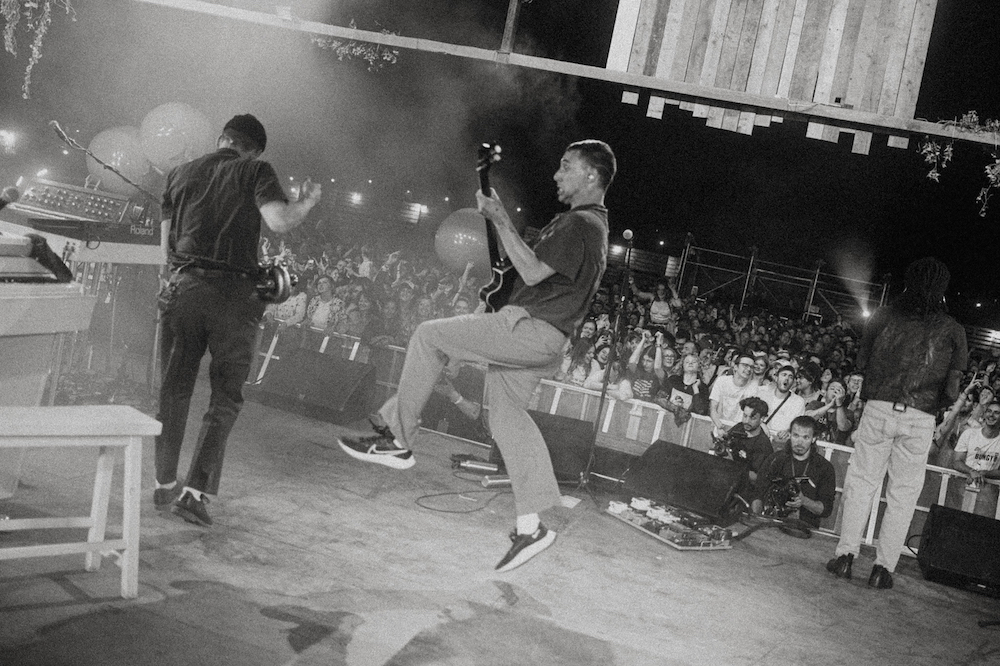
Well, it’s almost 2024. What are you looking forward to in the year ahead?
I’m looking forward to creating more music, working with my friends and with new people, and seeing how Bleachers will continue to evolve. Something happened with the band in the amount of time we’ve toured together—as our audience grew, as our catalog grew, as we just started getting more and more shows under our belt. I’ve been in bands and played my whole life, but this is the first time that I’ve made a fourth album with the band. There’s been a shift, and I can’t fully describe it, but the best way I can is that everything else melts away and the reference is just the band itself. In the past, it would be a lot more of, “Let’s do this like the Ringo drums, or let’s do this internal Pink Floyd thing, or let’s do this, or this.” We were playing with all these reference points for the purpose of finding something that doesn’t feel like a reference point. Now it’s more like, “Oh, do it like you did it in that one show.” It’s not a conscious thing, but it’s a beautiful thing when you recognize it to where you just start to reference your own mythology and your own past, and the result is something that is more unique and more yourself than you even knew you had. That’s why the album is self-titled, because it felt like it took us four albums to fully be able to distill what we are.
If you can make things work with a group of people, it makes life and challenges seem possible, not terrifying. What we can do with ourselves is really important and obviously a huge deal. What we can do in groups of people can equal so much more than the sum of their parts. It is a whole different faith in humanity, and that feeling applies whether I am in the studio or on stage performing.
